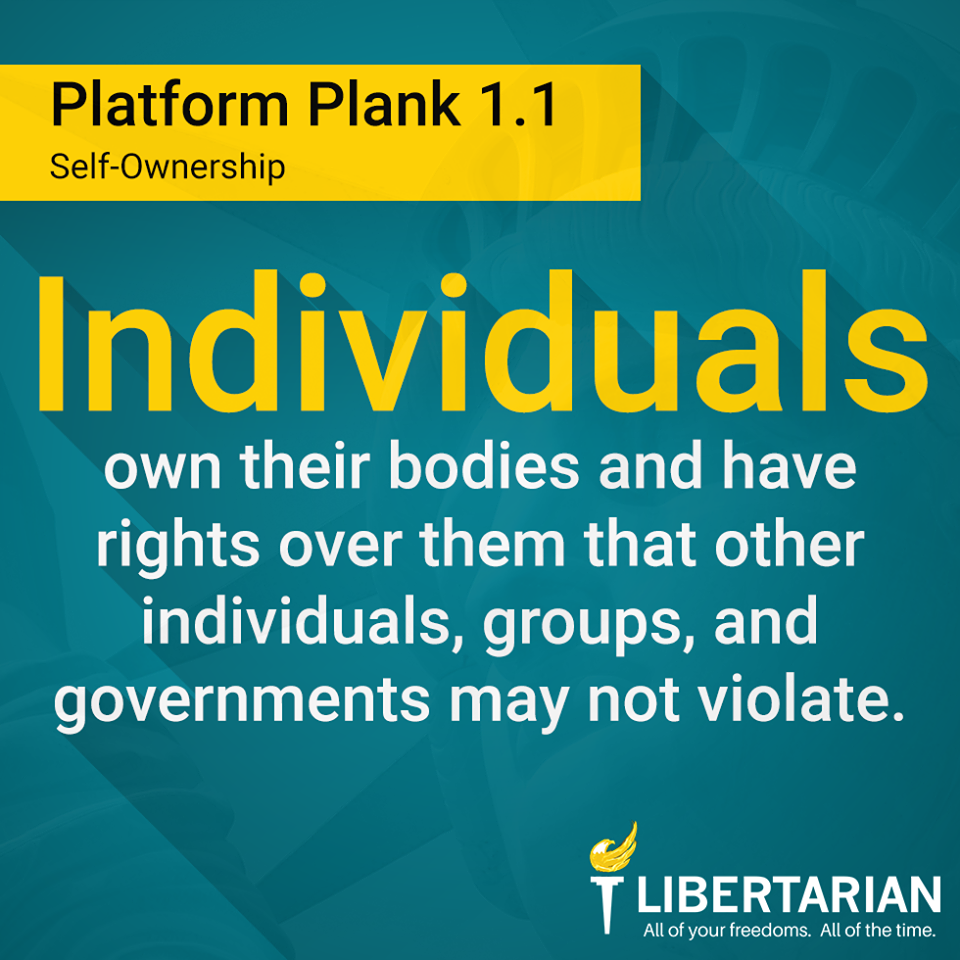
Sexual misconduct has long been a problem in both the public and private spheres, but today there is a stark difference between intolerance of sexual misconduct in the world of business and tolerance in the world of politics. Private-sector organizations have begun taking decisive action to cut ties with sexual predators, while political institutions continue to tolerate and even celebrate them.
Here are some examples of how private-sector businesses deal with allegations of sexual misconduct:
- NBC’s Today show anchor Matt Lauer was accused of sexual misconduct. NBC fired him.
- Roger Ailes, chairman and CEO of Fox News, was accused and fired.
- Bill O’Reilly, host of the O’Reilly Factor, was also accused and fired.
- Harvey Weinstein, co-chair of the Weinstein Company, was accused and then fired from his production company, suspended from the British Academy of Film and Television Arts, and expelled from the Academy of Motion Picture Arts and Sciences. He also resigned from the Director’s Guild of America, he faces a Los Angeles Police Department investigation for alleged rape, and his wife left him.
- Kevin Spacey, a renowned actor, was accused and had Netflix sever all ties with him, he was replaced by Christopher Plummer in his upcoming role as J. Paul Getty in All the Money in the World, House of Cards announced that he would no longer be associated with the show in any way, and the International Academy of Television Arts and Sciences withdrew from designating Spacey as recipient 2017 International Emmy Founders Award.
- Louis C.K., a famous comedian and actor, was accused and lost his role of Max in the sequel of The Secret Life of Pets, saw TBS suspend The Cops, which he co-created and co-starred in, saw HBO sever all ties and remove his stand-up special Oh My God and his sitcom Lucky Louie from its on-demand services, lost a Netflix deal for a stand-up special, and had FX Networks drop him from all his production deals.
- Mark Halperin, senior political analyst for MSNBC, was accused by at least a dozen women of sexual misconduct, had his contract with NBC and MSNBC terminated, lost a planned miniseries with HBO, and had his writing contract with Penguin Press canceled.
- Charlie Rose, co-host of CBS This Morning, was accused by eight women and fired.
Those are examples of how businesses in civil society deal with sexual misconduct.
“Businesses, if they want to remain in business, don’t have the luxury of limiting their appeal to 25 percent of their potential customers,” Libertarian National Committee Chair Nicholas Sarwark. “They need to appeal to all potential customers. They need to be sure that their public image is not sullied by bad actors of any kind. Moreover, they need to make sure that their workplaces are safe to attract and keep quality staff.”
The perverse incentive structure of the public sector goes a long way toward explaining why this difference exists in politics.
“Politicians can remain in office by appealing only to a plurality of voters,” Sarwark explained. “With voter turnout ranging from 40 percent to 60 percent, this means that politicians only have to gain the approval of 20 percent to 30 percent of the people to get reelected. Gerrymandered districts make that a hurdle that can easily be surmounted by appeals to voters in a partisan base who will overlook the sexual misconduct of their candidate in order to keep the other party’s candidate from getting elected.”
Here are some examples of how politicians are dealt with when it comes to the same kind of sexual misconduct allegations:
- President Donald Trump, after tapes of him bragging about sexual misconduct surfaced during the 2016 presidential campaign, admitted making the comments. He was elected anyway, and now he claims to doubt the tape’s authenticity.
- Al Franken, who was accused of sexual misconduct (which was backed up with photographic evidence) and other inappropriate conduct, is still a sitting senator who faces a probably toothless ethics review.
- John Conyers, the longest-serving member of the House of Representatives, was accused of sexual misconduct, allegedly settled with payment of $27,000 in public funds to the victim. He refuses to resign from the House.
- Former President Bill Clinton, of course, was accused of sexual misconduct by multiple women and was elected anyway. He was then accused of sexual misconduct by several more women while he served as president and survived impeachment to become an elder statesman of the Democratic Party.
“We may be seeing that process playing out right now in Alabama, where it looks like Roy Moore, the Republican candidate for Senate, may get elected despite sexual misconduct allegations,” Sarwark said. “Partisan Republicans are willing to overlook the accusations in order to maintain a Senate GOP majority. Granting ballot access to Ron Bishop, the Libertarian write-in candidate would go a long way toward giving voters a viable third choice and helping to stop people like Moore from being elected.”
The Libertarian Party Platform specifies that “Libertarians embrace the concept that all people are born with certain inherent rights,” and that includes the right of all people to be safe from unwanted sexual harassment, abuse, and predation.
“Our culture is changing,” Sarwark said. “We the people are no longer willing to tolerate sexual abuse of anyone. It’s time for politicians to catch up with this cultural sea change. The Libertarian Party vows to do its part by running more than 2000 candidates for elected office in 2018. We condemn bigotry as irrational and repugnant. Government should neither deny nor abridge any individual’s human right based upon sex, wealth, ethnicity, creed, age, national origin, personal habits, political preference, or sexual orientation. Members of private organizations retain their rights to set whatever standards of association they deem appropriate, and individuals are free to respond with support and patronage on one hand, or ostracism, boycotts, and other free-market solutions on the other hand.”

